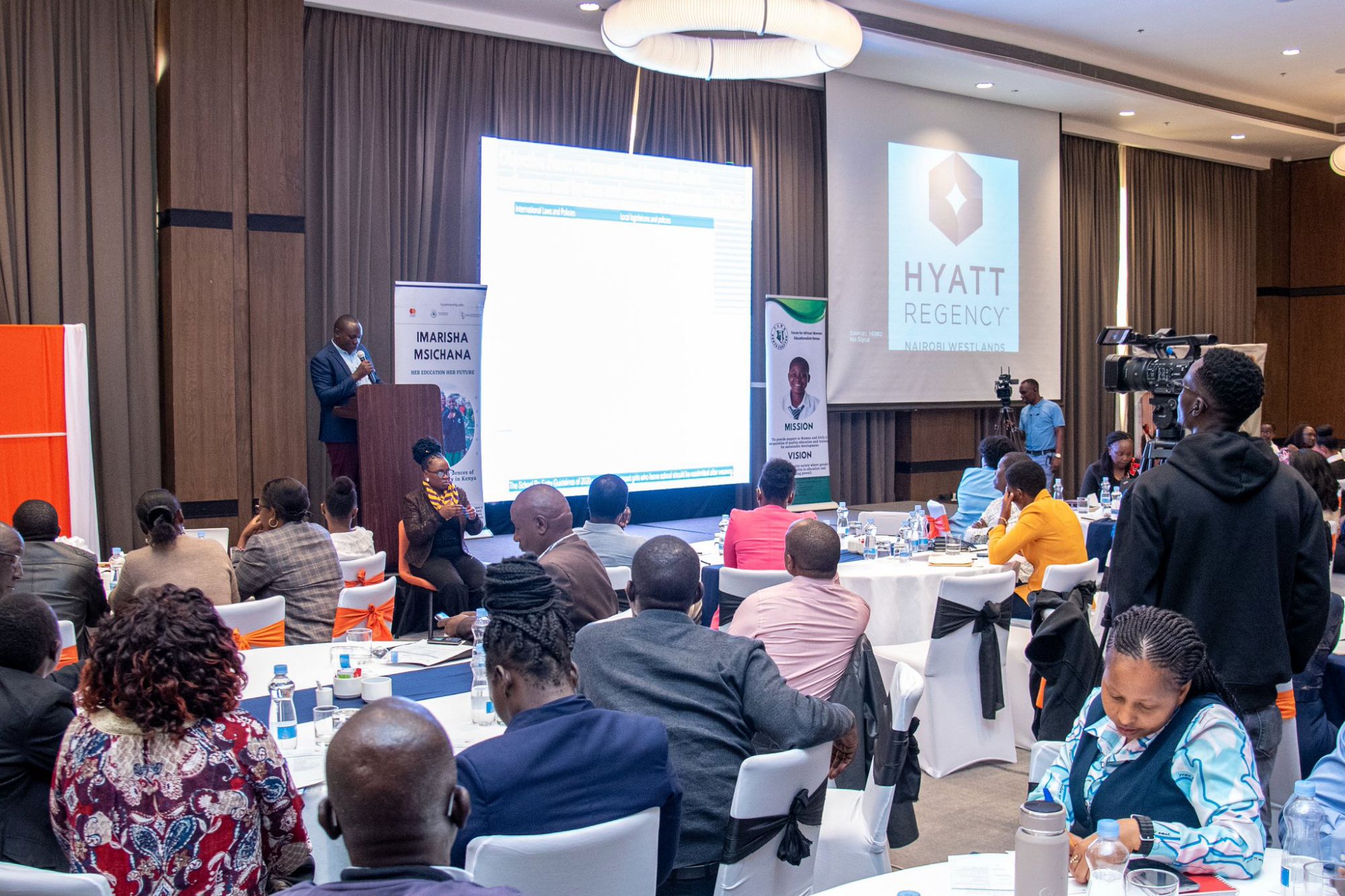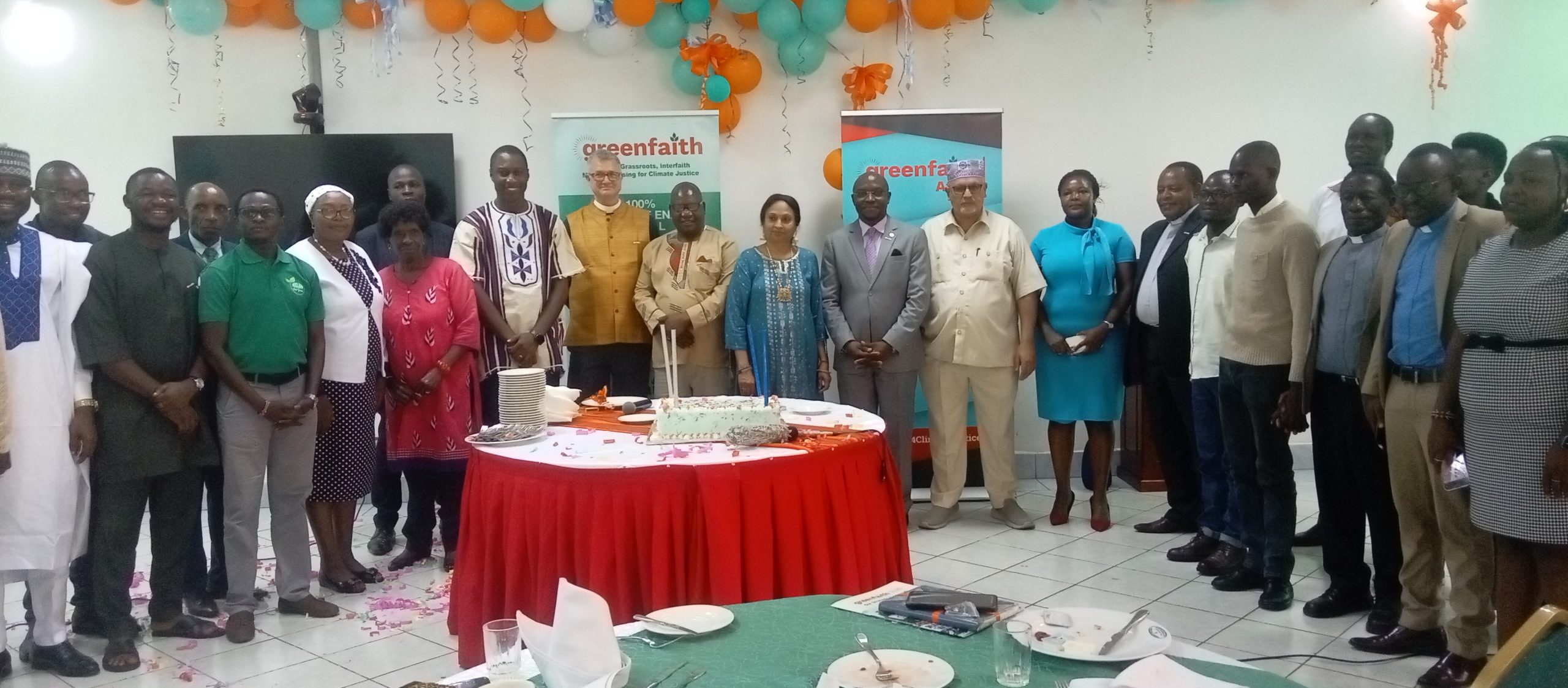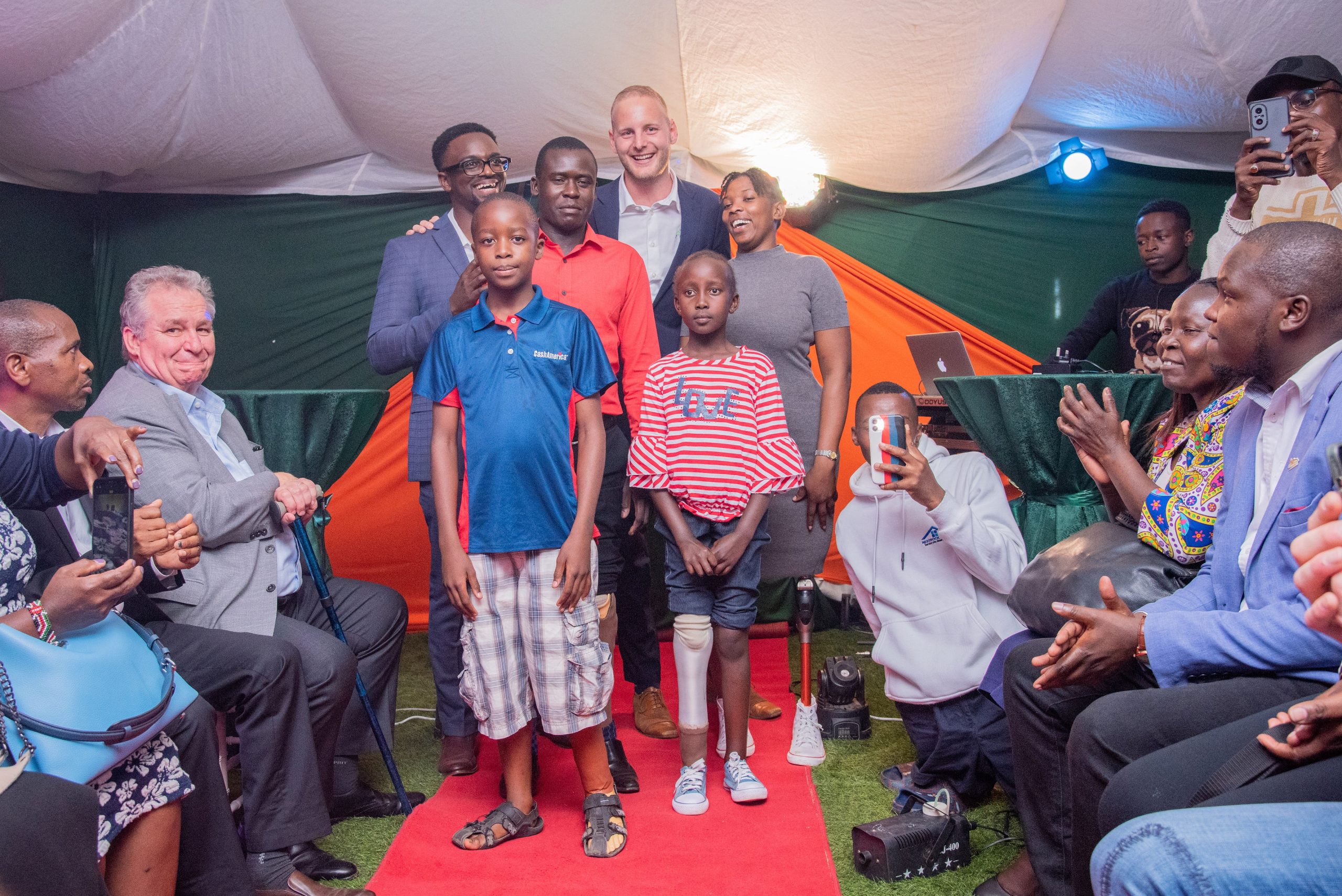By Eddah Waithaka
The Forum for African Women Educationalists (FAWE) has presented a report analyzing the situation of teenage pregnancy in Kenya. This report outlines key statistics regarding its prevalence, the factors contributing to it, and the socio-economic effects on young girls and their communities. The launch event took place in Nairobi, Kenya.
Titled “Situational Analysis on Teen Pregnancies in Kenya,” the report examines the situation of teenage pregnancies across 20 counties where FAWE collaborates with the Mastercard Foundation to carry out the Imarisha Msichana Program.
This initiative aims to greatly decrease the rates of teenage pregnancy in Kenya. One of the report’s notable findings indicates that the prevalence of teenage pregnancy among girls aged 15 to 18 is currently at 27.4%.
The counties experiencing the highest rates of teenage pregnancy were Narok at 43.3%, Kajiado at 35.6%, and Turkana at 34.2%. In contrast, the counties with the lowest rates of teenage pregnancy included Nyeri at 6%, Nyandarua at 8%, and Murang’a at 9.2%.
The report indicated that child marriage rates were highest in Garissa at 43%, followed by Turkana at 38%, Nairobi at 22%, and Meru at 14%. It also revealed that 18.6% of girls in Kenya aged between 15 and 18 years were in child marriages, marking a decrease from the 23% reported in 2014 (KDHS: 2014). In comparison, only 3% of boys in Kenya were married before reaching the age of 18.
The report suggests several initiatives, including educating parents, providing family-life counseling, and establishing mental health programs in schools. It emphasizes the need for the enforcement of laws and policies at all levels, along with offering financial support to both girls and boys in need.
Additionally, it recommends introducing programs in schools to raise awareness about the laws and policies related to teen pregnancy in Kenya, conducting awareness campaigns within schools, and creating forums that empower girls to voice their concerns.
One instance of this is the Tuseme Clubs, which were established by FAWE as part of the Imarisha Msichana Program. The counties examined for this report are Nairobi, Machakos, Kiambu, Muranga, Meru, Nyeri, Garissa, Bungoma, Kakamega, Siaya, Busia, Migori, Homa Bay, Trans-Nzoia, Elgeyo Marakwet, Nakuru, Nyandarua, Turkana, Narok, and Kajiado.

Speaking during the event, Ms. Teresa Omondi-Adeitan, Deputy Executive Director, FAWE Africa, emphasized, “The Situational Analysis Report on Teen Pregnancies in Kenya is a testament to our
commitment to understanding and addressing the issue of teenage pregnancy. The insights gained will be invaluable in shaping our future interventions. Addressing teenage pregnancy is not just
about reducing numbers, it’s about transforming lives and communities.”
“Addressing teenage pregnancy is paramount for the development and future of our communities. The report’s data and insights are essential in formulating targeted and effective
interventions. This comprehensive approach will help reduce the rates of teenage pregnancy and improve the socio-economic conditions of affected communities,” she added.
Read Also :https://switchmedianews.wordpress.com/2024/10/31/world-vision-kenya-celebrate-journey-in-transforming-lives-since-1974/
Hannah Tsadik, Acting Country Director at the Mastercard Foundation in Kenya, stated, “I am confident that this illuminating report by our partner, FAWE, will serve as a catalyst for action towards more inclusive economies. As the Mastercard Foundation implements our Young Africa Works strategy to enable seven million young Kenyans to access dignified and fulfilling work by 2030, these insights reaffirm to us that early marriage and motherhood are, in fact, economic
challenges. Delivering solutions to this challenge unlocks opportunities for everyone young women, young men, and the communities they belong to.”
The event included a dynamic discussion on the report’s findings, where stakeholders examined various multi-sectoral strategies required to effectively address teenage pregnancy in the country. By uniting representatives from diverse sectors, the gathering sought to promote collaborative efforts and put the report’s recommendations into action in order to create lasting change.
Alongside the report launch, the Best Gender Responsive Reporters were recognized for their exceptional contributions. These media awards celebrated and acknowledged journalists who have excelled in gender-sensitive reporting in Kenya. The Imarisha Msichana program has trained 250 journalists to cover gender issues with both sensitivity and precision, making a significant impact in the campaign against teenage pregnancy.
“Quality, gender-responsive journalism is crucial in creating awareness and driving societal change. The journalists we are honouring today have set a high standard in their reporting and were therefore awarded in categories such as Best Feature Story, Best Investigative Piece, and Best
Gender Reporting. The role of media in promoting gender equality cannot be overstated, ” said Jeanette Nyanjom, CEO of FAWE Kenya.






